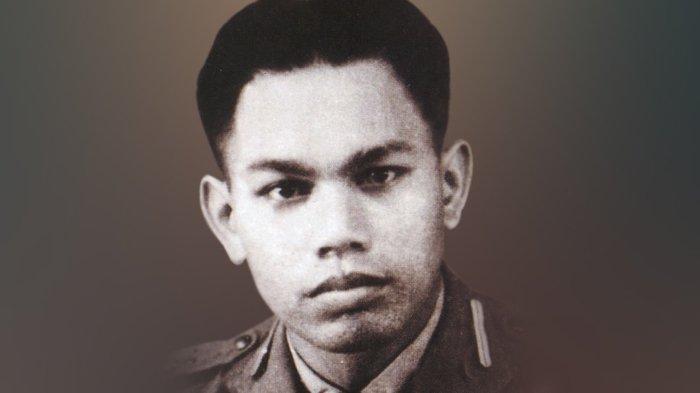By: Prabowo Subianto [taken from the Book: Military Leadership Notes from Experience Chapter I]
On October 5, 1945, the embryo of the Indonesian Air Force was formed. Surjadi Suryadarma, who led the force, summoned Adisoetjipto to help form the air force as the conditions were very concerning at the time. There were no pilots, no aircraft mechanics, and no funds. There were only a few old aircrafts left by the Japanese.
On October 5, 1945, the precursor to the Indonesian Air Force was formed. Surjadi Suryadarma, who led the force, summoned Adisoetjipto to help form the air force as the conditions were very concerning at the time. There were no pilots, no aircraft mechanics, no funds. There were only a few old aircrafts left by the Japanese.
Adisoetjipto was one of the very few who dared to fly old Japanese planes. On October 10, 1945, he successfully flew a red-and-white-painted Nishikoren aircraft from Tasikmalaya to Maguwo, Yogyakarta. On October 27, 1945, he successfully flew Cureng aircraft marked with an Indonesian red-and-white flag around Yogyakarta. It was not for nothing. He did that to pump up the spirit of the people’s struggle.
In 1947, the Indonesian government assigned Adisoetjipto and his colleagues to seek medicines for the Indonesian Red Cross. Assistance was obtained from the Malayan Red Cross, while an Indian merchant provided a Dakota VT-CLA transport aircraft. It was a public flight. The humanitarian mission received approval from the Netherlands and the United Kingdom.
However, on July 29, 1947, when the plane was about to land in Maguwo, Dutch Kitty Hawk hunters suddenly appeared and started firing at Dakota, with Tjipto and his colleagues aboard. The plane caught fire and crashed. Tjipto and seven of his colleagues were killed. Only one of them survived. No one knows why the Dutch violated the agreement, but allegedly, they wanted to take revenge on the Indonesian cadets who had bombed the Dutch.

